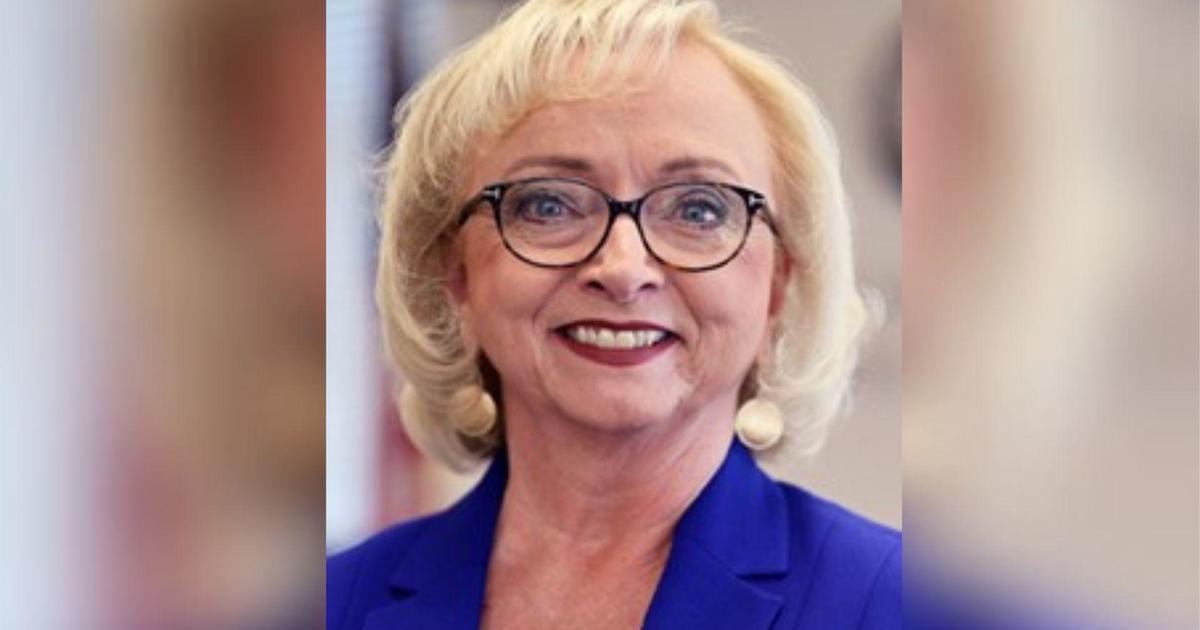Language Bank Provides Interpretation For Patients
MARIE GILBERT
The Herald-Mail
HAGERSTOWN, Md. (AP) -- An elderly woman heads into the emergency room with severe stomach pain. She hardly understands what's happening, let alone how the doctors will fix it.
All she knows is that it hurts, she's alone and she doesn't speak English.
As medical personnel come and go from the curtained examination area, she glances from one person to another, hoping to pick up a familiar phrase.
But the woman has little more than a dozen words in her English vocabulary. And her husband, who is in the waiting room -- the only family she has -- is equally linguistically confused.
Medical jargon often is difficult to understand. So imagine going to a doctor who doesn't speak your language.
You're sick and feeling vulnerable. You want your health problem to be remedied.
But it becomes a game of charades, with gesturing and pointing. And the patient's diagnosis becomes lost in translation.
For people who speak limited English, going to a medical facility can be so intimidating that many put off visits, often until they're in critical condition.
It's the type of problem that Meritus Medical Center faces almost every day.
As a result, it has implemented a service to meet the needs of an increasingly diverse patient population.
It's a language interpretation program, which involves a telephone call to a language bank that provides live telephonic interpretation in the health care setting between the practitioner and the patient.
Since 2010, the program has provided 5,664 minutes of interpretation services.
"Effective communication is critical to safe, quality healthcare," said Fredric Hirsch, director of patient advocacy for Meritus Health. "Because a time of illness is an emotional time, we need to make sure information is clearly exchanged and understood."
Informally, the program has existed as long as patients with limited English proficiency (LEP) or those who are deaf or hard of hearing have used health care services, said Hirsch who is a licensed certified social worker-clinical.
However, three years ago, "with changing federal and state regulations, we moved to live telephone language interpreter services for patients and their families with LEP," he noted.
Hirsch said Meritus uses a contracted provider whose employees come from all over due to the abilities provided by technology.
"In addition, we continue to utilize bedside interpreters from the local Deafnet Association for those patients and their family members who are deaf or hard of hearing," he noted.
The most frequently requested languages include Spanish, Tigrinya (an ethnic Ethiopian language) and Vietnamese.
Hirsch said communication needs and preferences are assessed during the pre-admission or admission process. All employees have been educated on how to access the live telephone language interpreters and Deafnet.
According to Hirsch, "programmed telephones with dual handsets are available throughout the organization for LEP patients and their families. The bedside provider simply plugs in the telephone and dials up the contracted service, specifying what language is needed. The dual handsets or speaker option on the phone is utilized during the conversation."
For patients or family members who are hearing impaired, the provider assesses their preferred method of communication, Hirsch said. If they prefer an interpreter at bedside, Deafnet is contacted and an interpreter is sent to Meritus Medical Center.
Hirsch said these services are provided at no cost to the patient or their family.
The importance of interpreters in a hospital setting can't be overemphasized, said a recent report from the Temple University Health System in Philadelphia, which showed that having no interpreters often means longer hospital stays, unnecessary tests, more repeat visits and even medical mistakes.
In the past, doctors and medical centers often relied on relatives or friends of the patient to help translate.
But that method often comes with risks, including misinterpretation of medical terminology.
------
(Copyright 2013 by The Associated Press. All Rights Reserved.)



